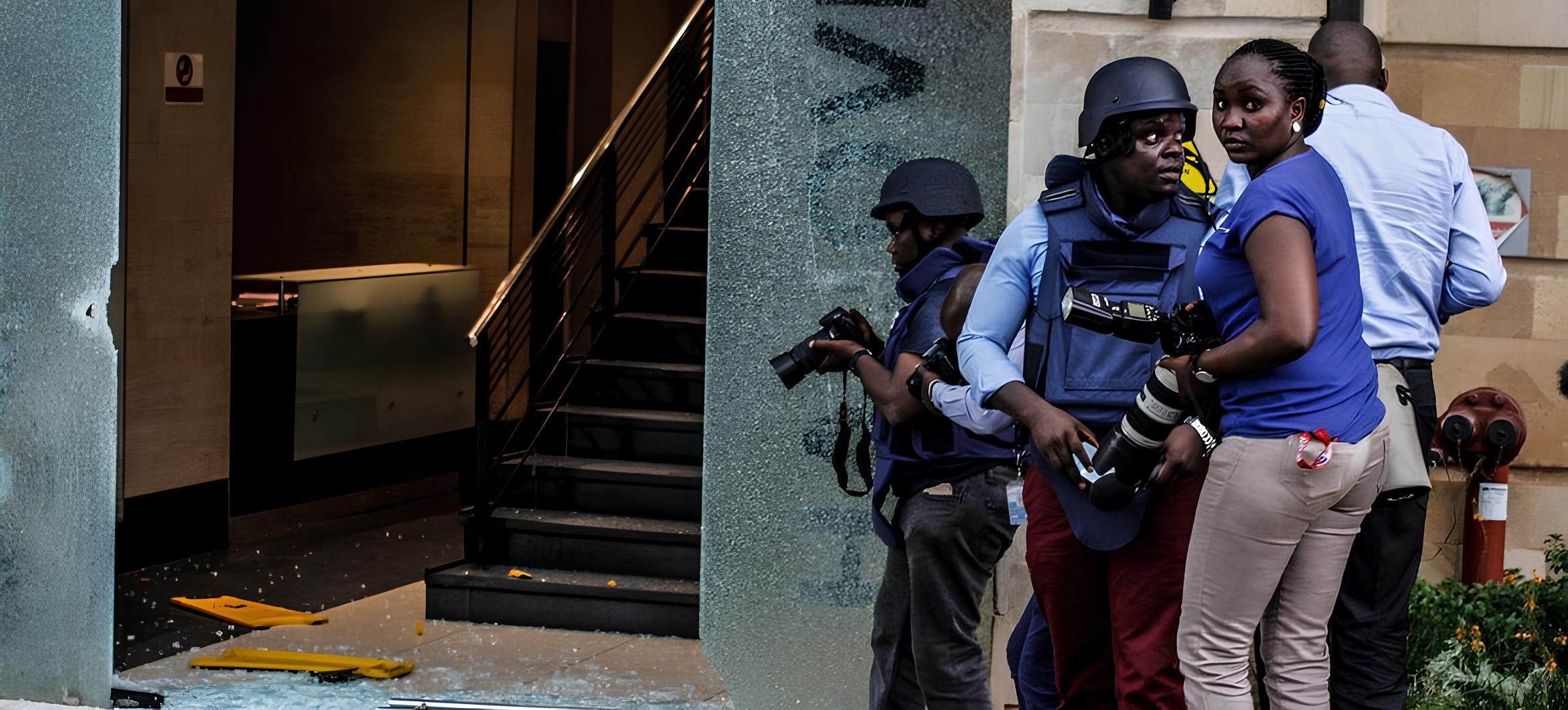UNESCO warns against targetting journalists in conflicts

UNESCO says that 65 journalists have been killed in the line of duty in 2023, compared with 88 the previous year
A report by Paris-based United Nations Educational Scientific and Cultural Organisation (UNESCO) says that the last three months of this year in particular have already been the deadliest quarter for journalists in conflict zones since at least 2007, with 27 deaths. In all, UNESCO says that 65 journalists have been killed in the line of duty in 2023, compared with 88 the previous year.
“But this overall drop conceals a very alarming phenomenon: the sharp increase in the number killed in conflict zones. However, it is in this very type of situation that the work of journalists is most vital,” says Audrey Azoulay, UNESCO’s Director General.
“I pay tribute to all of these media professionals and reiterate my call to all actors involved to mobilize the necessary means to guarantee the protection of journalists as civilians, as stipulated in international law,” she adds.
At least 38 journalists and media workers were killed in the line of work in countries in conflict in 2023, compared to 28 in 2022 and 20 in 2021, says UNESCO in a press statement.
The ongoing hostilities in the Middle East were responsible for a large majority of conflict-related killings, with UNESCO having so far reported 19 killings in Palestine, 3 in Lebanon and 2 in Israel since October 7. Afghanistan, Cameroon, Syria and Ukraine also each saw at least two killings, it adds.
Threats which create ‘Zones of Silence’
UNESCO says that the figures do not include deaths of journalists and media workers in circumstances unrelated to their profession, which have also been reported in significant numbers in 2023. And these tragedies are only the tip of the iceberg, with widespread damage and destruction of media infrastructure and offices and many other kinds of threats such as physical attack, detention, the confiscation of equipment or denial of access to reporting sites. Large numbers of journalists have also fled or stopped working.
Such a climate contributes to what UNESCO terms as “zones of silence” opening up in many conflict zones, with severe consequences for access to information, both for local populations and the world at large.
The worrying trend comes despite a noticeable decrease in overall journalist killings worldwide compared with last year – 65 compared with 88. This global trend can be explained by a significant decline in killings outside of conflict zones, which have reached their lowest total for at least fifteen years – especially in Latin America and the Caribbean, where 15 killings were reported, compared with 43 in 2022.
UNESCO’s work to protect journalists
UNESCO is the United Nations agency with a mandate to ensure freedom of expression and the safety of journalists worldwide, and coordinates the ‘UN Plan of Action on the Safety of Journalists and the Issue of Impunity’.
The Organisation says it condemns and monitors judicial follow up to every journalist killing, and trains journalists, judicial actors and security forces. It also works with governments to develop supportive policies and laws, and raises global awareness through events such as the International Day to End Impunity for Crimes Against Journalists on 2 November 2 and World Press Freedom Day on May 3, the 30th anniversary of which was commemorated this year at UN headquarters in New York.
UNESCO has also documented and analysed the different forms of threats against journalists. It notably reports in November a worrying global rise in violence against journalists during election periods, with 759 attacks documented in 70 countries between January 2019 and June 2022, including 5 killings. The Organisation has expressed particular concern given that 2.6 billion people will go to the polls in over 60 countries next year.










